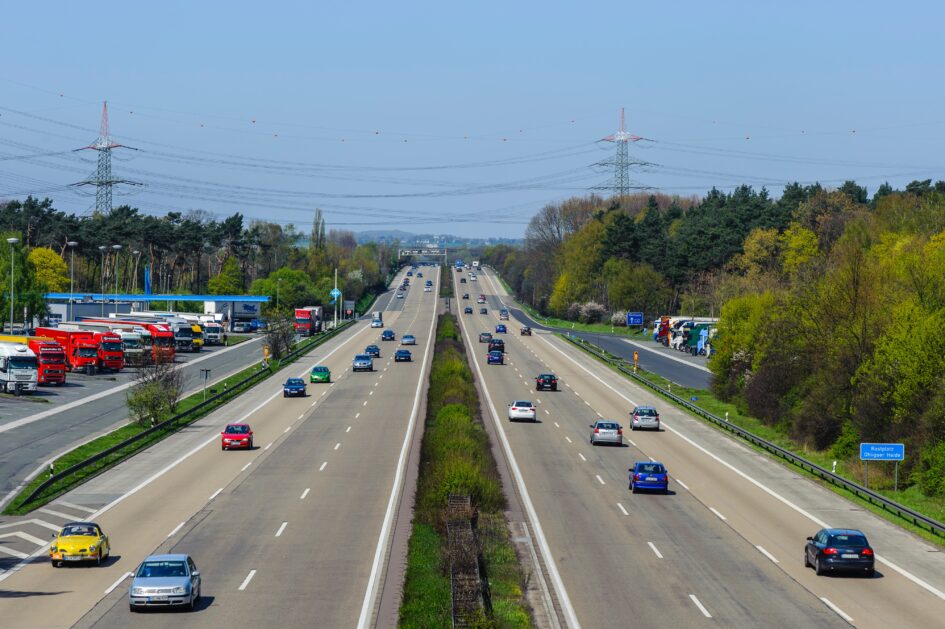We all strive for safer roads and less tragic news on our morning feeds, but car accidents remain a persistent problem. In this post, we’ll examine some of the most common causes of car accidents and provide valuable tips to help you navigate the asphalt jungle more safely.
Unfortunately, accidents can still happen despite our best efforts. If you find yourself in a car accident and need legal assistance, consider contacting a reputable law firm such as Las Vegas personal injury lawyers for guidance on your rights and options for compensation.
Distracted and Drunk Driving
Whether it’s texting, fiddling with the radio, or looking at Google Maps, distracted driving is a leading cause of car accidents. According to the National Highway Traffic Safety Administration (NHTSA), distracted driving resulted in 3,142 fatalities in 2019 in the United States alone. Be mindful of your phone usage while on the road. Put any mobile device in a place where it won’t be a temptation and consider using hands-free features or apps that send an automatic response when you’re driving. Have a dedicated spot for commonly used items, like sunglasses, to prevent fumbling while driving. Plan your route before hitting the road to avoid last-minute map checks.
Driving under the influence of alcohol can be truly devastating, with drunk driving causing over 10,000 fatalities in the United States in 2019. Alcohol impairs your reaction time, judgment, and cognitive abilities. If you plan on drinking, designate a sober driver or use a taxi, rideshare app, or public transportation to get home safely. And if you suspect someone on the road may be intoxicated, maintain a safe distance and report them to the police.
Speeding and Weather
Pedal-to-the-metal may sound thrilling, but speeding is a contributing factor in nearly one-third of all fatal car accidents. The faster you go, the less time you have to react to unexpected hazards on the road. Give yourself plenty of time to reach your destination without feeling rushed. Remember, fines and traffic citations for speeding aren’t worth the risk. Use your vehicle’s cruise control to maintain a consistent speed on long road trips and avoid unintentional speeding.
Rain, fog, snow, and icy roads can all significantly impact driving conditions and increase the risk of accidents. Limited visibility and less predictable road surfaces require extra caution and lowered speed. Keep your vehicle well-maintained, especially in extreme weather conditions. Ensure your tires, wipers, and lights are all in top shape, and make sure to adapt your driving style to current road and weather conditions. Slow down, maintain a safe following distance, and avoid harsh braking.
Reckless Driving and Fatigue
Reckless driving involves a blatant disregard for the rules of the road and the safety of others. Examples include tailgating, weaving in and out of traffic, and aggressive acceleration or braking. Make a conscious effort to keep calm behind the wheel. If someone’s erratic driving is causing you stress or posing a hazard, give them space and eventually change lanes or routes if possible. Learn and practice defensive driving techniques to anticipate the actions of other drivers and be prepared for any situation.
Battling drowsy driving can be as dangerous as drunk driving, with similar impacts on reaction time and decision-making abilities. Fatigue-related crashes often involve a single vehicle leaving the road at high speeds, making it more likely to result in fatal consequences. Try to get proper sleep the night before a long journey and avoid driving during times when you would usually be asleep. Take regular breaks every two hours and be aware of the signs of fatigue, including yawning, heavy eyes, and difficulty concentrating. Pull over and rest if needed.
Inadequate Vehicle Maintenance
Poorly maintained vehicles, with issues like worn tires, faulty brakes, or burnt-out lights, are a significant cause of accidents. Keeping your car in good working order is essential for your safety as well as that of others on the road. Regularly check your car’s key systems, including the brakes, steering, and tires, to ensure they are working correctly. Schedule a routine maintenance check-up with your local mechanic to address potential safety hazards and prolong the life of your vehicle.
While these are the top factors causing car accidents, remember that safe driving is everyone’s responsibility. Stay alert, practice defensive driving techniques, and make mindful choices so you can contribute to overall road safety. In addition, understanding the importance of regular car maintenance and dealing with driver fatigue can further reduce the risk of accidents. Happy (and safe) driving!
